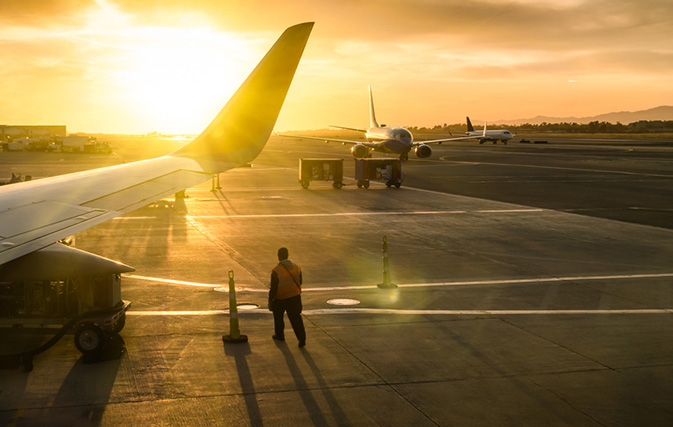GENEVA — More than half a year after the global travel industry went into near-total lockdown, IATA has released a startling and dire statistic: the airline industry will burn through US$77 billion in cash during the second half of 2020 despite the restart of operations.
That’s almost $13 billion per month, or $300,000 every minute, says IATA.
And the slow recovery in air travel will continue into 2021, with airlines continuing to burn through cash at an average rate of $5 to $6 billion per month next year.
IATA is calling on governments to support the industry during the coming winter season with additional relief measures, including financial aid that does not add more debt to the industry’s already-highly-indebted balance sheet.
Governments around the world have provided $160 billion in support, including direct aid, wage subsidies, corporate tax relief, and specific industry tax relief including fuel taxes.
“We are grateful for this support, which is aimed at ensuring that the air transport industry remains viable and ready to reconnect the economies and support millions of jobs in travel and tourism,” said Alexandre de Juniac, IATA’s Director General and CEO. “But the crisis is deeper and longer than any of us could have imagined. And the initial support programs are running out. Today we must ring the alarm bell again. If these support programs are not replaced or extended, the consequences for an already hobbled industry will be dire.”
While the Canadian government has provided much-needed and welcome assistance in the form of CEWS, CERB and other programs, it has not offered any industry-specific aid to Canada’s airlines or travel industry at large.
In September 2020 IATA singled out the Canadian airline industry as it called on the Canadian government to support recent COVID-19 testing initiatives by Air Canada and WestJet as a means to safely reopen Canada to international and domestic travel without the need for blanket quarantine measures. ‘‘There are alternatives to the quarantine measures currently in place that can both keep Canadians safe as well as revive the economy,” said de Juniac last month.
Now with IATA’s latest numbers, including the US$77 billion in cash burn for the second half of 2020, de Juniac notes that even with a slight recovery in the peak summer months, airlines continued to burn through cash throughout the summer months. “And with no timetable for governments to reopen borders without travel-killing quarantines, we cannot rely on a year-end holiday season bounce to provide a bit of extra cash to tide us over until the spring,” he said.
De Juniac says IATA estimates that despite cutting costs just over 50% during the second quarter, the industry went through $51 billion in cash as revenues fell almost 80% compared to the year-ago period.
He notes that airlines have taken on extensive measures to cut costs, including parking thousands of aircraft, cutting routes and any non-critical expense and furloughing and laying off hundreds of thousands of employees.
“Government support for the entire sector is needed. The impact has spread across the entire travel value chain including our airport and air navigation infrastructure partners who are dependent on pre-crisis levels of traffic to sustain their operations. Rate hikes on system users to make up the gap would be the start of a vicious and unforgiving cycle of further cost pressures and downsizings. That will prolong the crisis for the 10% of global economic activity that is linked to travel and tourism,” said de Juniac.
Consumers who are travelling during this time won’t abide fare increases, he added. “Increasing the cost of travel at this sensitive time will delay a return to travel and keep jobs at risk,” said de Juniac.

